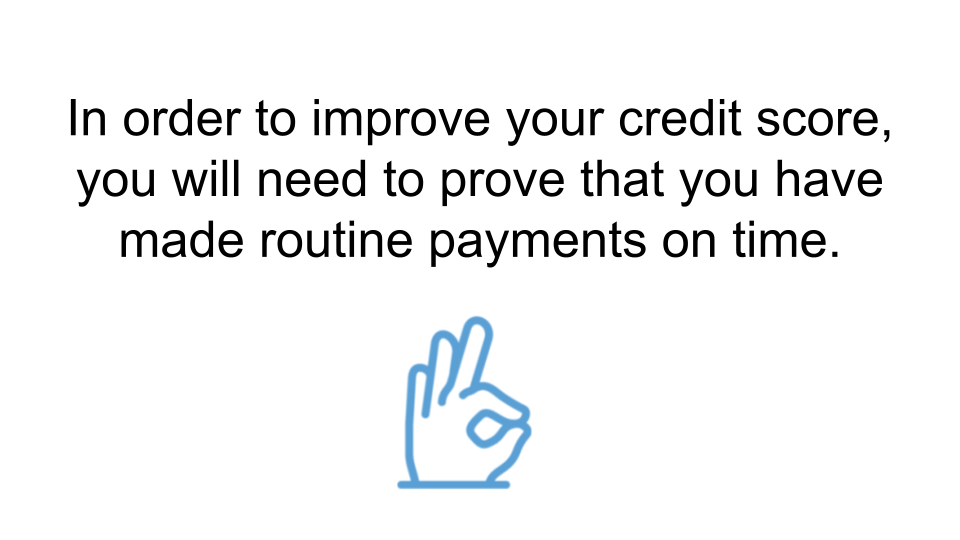There are a number of different ways that you can build up your credit rating. However, it is important to note that there is no quick fix to bring up your credit score. It will take time and a detailed plan.
This article will outline a number of steps that you can follow to make improvements to your credit rating.
Why is Your Credit Score Important?
Credit scores are important as this is one of the first and most significant factors that a loan or mortgage lender may evaluate. They will also look at factors alongside this including the amount you may be requesting to borrow, your address, age, employment history and name.
Credit scores can provide loan lenders, banks and credit unions with an accurate indication of how likely you will be to make your repayments. This is because it evaluates your ability to meet credit or financial obligations in the past.
A higher credit score may also open up better options, such as better interest rates on repayment details and longer repayment periods so that each monthly payment is smaller and easier to meet. Credit scores are thus important for approvals as well as opening up the best rates.
How Can You Improve Your Credit Score?
In order to improve your credit score, you will need to prove that you have made routine payments on time, such as mobile phone bills or credit card payments.
When you turn 18, you will start out with a credit score set at zero. This will rise as you continue to make payments in full and on time. However, if you frequently miss routine payments, or default on a loan, then this may lead to your credit score falling.
If starting from scratch with a credit score at zero, it may be worth getting a credit card and possibly even a small credit limit if you plan to make larger payments. If you are able to make this, as well as pay monthly on time then this will prove that you are responsible and able to handle credit, contributing towards building up a positive and strong credit score.
If you have a low credit score, then you will need to find a sustainable way to pay these off. This could include a larger debt consolidation loan, or coming up with a detailed repayment plan with a financial advisor. If you are struggling with existing debts, then it may be worth consulting your lender, bank or credit union directly to change up your repayment plan. For instance, making it longer can reduce the size of each monthly repayment, making it easier to face each month.

There are a number of other ways that you may choose to follow to build up your credit score. These include the following:
- Joining the US Electoral Register
The US electoral register is a record of both your name and personal information that can help to improve your credit rating. By registering to vote, you are creating a legal account of your name, address and date of birth that can be accessed by banks, credit unions and loan lenders to confirm your official identity.
The confirmation of your identity can help to improve your chances of being approved, as well as improve your credit score. This is because a confirmation of identity as well as address can provide lenders with a peace of mind.
- Close Down Any Unused Credit Card Accounts
Credit card companies offer prospective customers an abundance of attractive benefits and offers. While it may appear tempting to hold multiple cards so that you can access all of these benefits, this does not look great on your credit score. This is because the more credit cards you might have, the more funds you have access to at any given point.
Lenders will likely steer clear as this will bring down your credit rating and thus make you appear as unattractive as a prospective borrower.
If there are credit card accounts that you do not use, you should consider just paying off any outstanding payments and then closing them down altogether.
- Avoid Applying for Multiple Loans in a Short Period of Time
If you are applying for multiple loans or credit cards in a short period of time, this could contribute towards bringing down your credit score. This is because each application you make is likely to be recorded by the credit bureau, and will leave a hard mark on your history.
Lenders may not wish to lend to someone who has a low credit score because they have applied for multiple loans. This is because it makes them look unreliable as a prospective borrower. As such, it is worth putting in valuable time into researching the lenders that are most likely not only to approve your loan application but also offer you the best rates, as opposed to applying with multiple lenders in the same instance.


